Tazul Islam
Bangladesh
Tazul Islam
Bangladesh
I was 16 when I was diagnosed and getting ready to take my final secondary school exams. I was losing a lot of weight, feeling weak, tired and thirsty and going to the toilet often. My parents thought that this was linked to the stress I was under for the exams.
My diagnosis had a huge impact on me, my family and friends. I am an only child and my parents were very worried about my future. Misguided and misinformed comments from other people (“He can’t live long” “His eyes and kidneys will be damaged soon”) made things worse. I felt alone and depressed. My parents hid my condition from other others and told me not to talk about it with anyone. They used to lock me in a room and I was not allowed to go outside by myself. They also tried alternative remedies to stop me having to take insulin. When my friends found out that I had diabetes, they bullied and made fun of me. They would say that a person with diabetes could not get married because they are impotent.
When I was diagnosed, limited services and facilities were available for children with type 1 diabetes in my country. I was treated with people living with type 2 diabetes, which had a negative effect on my diabetes management. I had trouble managing my blood glucose levels and my HbA1c was high. Things improved when I started receiving support from the Changing Diabetes in Children Program (CDiC) Paediatric Diabetes Center at BIRDEM General Hospital and Life for a Child. I met other children with type 1 diabetes and was provided with free insulin, care, education and counseling. Interacting with other people with type 1 diabetes inspired me to manage my diabetes better and improved my quality of life.
My diagnosis had a huge impact on me, my family and friends.
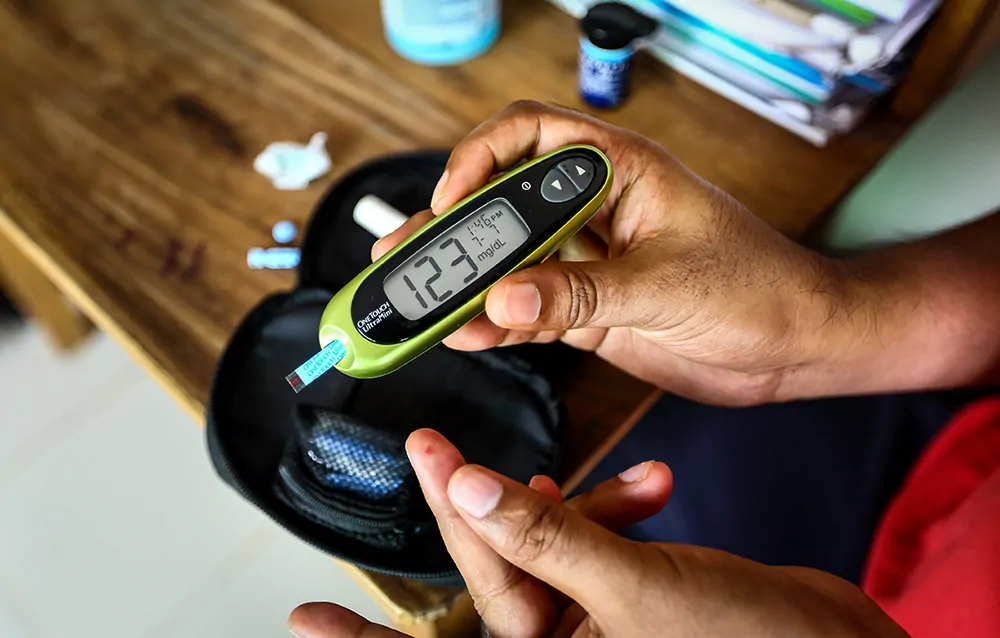
A large number of people in my country live below the poverty line and in rural areas where there is limited access to medicines, health services and trained health professionals. They have to go to a city to receive treatment and follow-up. The government has taken limited action to provide free insulin and diabetes care for all people with diabetes. The Diabetic Association of Bangladesh (BADAS) has a large network of centres across the country that mainly support adults living with diabetes. However, the shortage of trained health professionals means that some people with diabetes who receive free medicines are not provided with the education and guidance to use them and manage their condition appropriately. This inspired me and a group of other young people living with diabetes to organise awareness, education and counselling activities for people that are newly diagnosed. We do our best with limited funding and support.
I think the most important things to focus on to improve the lives of people living with diabetes in my country are nutritional education and guidance on how to administer medication and self-monitor the condition. Diabetes education provided by health professionals should also be more person-centered and complemented with counselling and psychological support, particularly for people who are newly diagnosed.
My message to children recently diagnosed with diabetes is to not pay any attention to people around you who know nothing about the condition. Listen to the health professionals that support your treatment. You are not responsible for having diabetes so don’t hide it, stay positive and make the most of your potential. You can make your life what you want it to be.
“Interacting with other people with type 1 diabetes has inspired me to manage my diabetes better and improved my quality of life.”
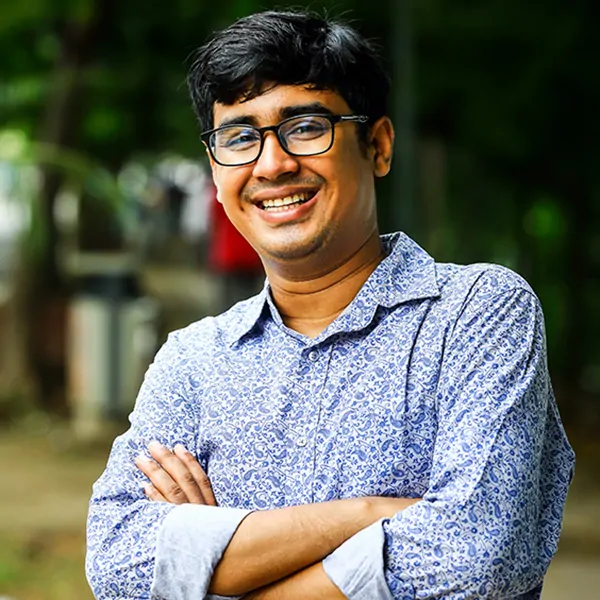
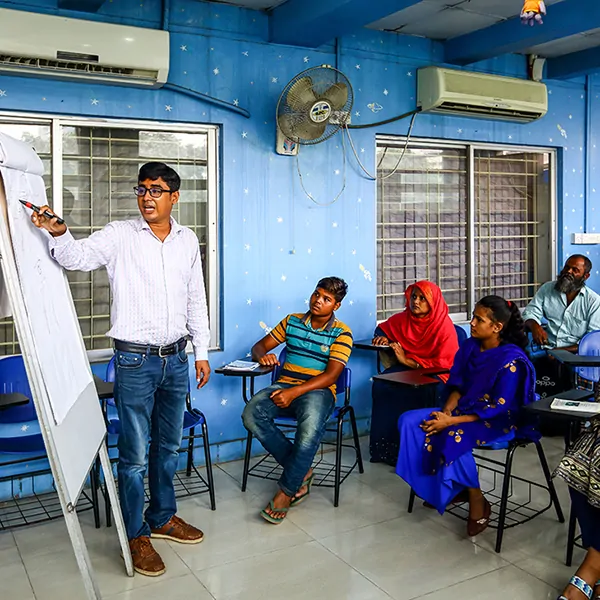
More inspiring stories from across the world
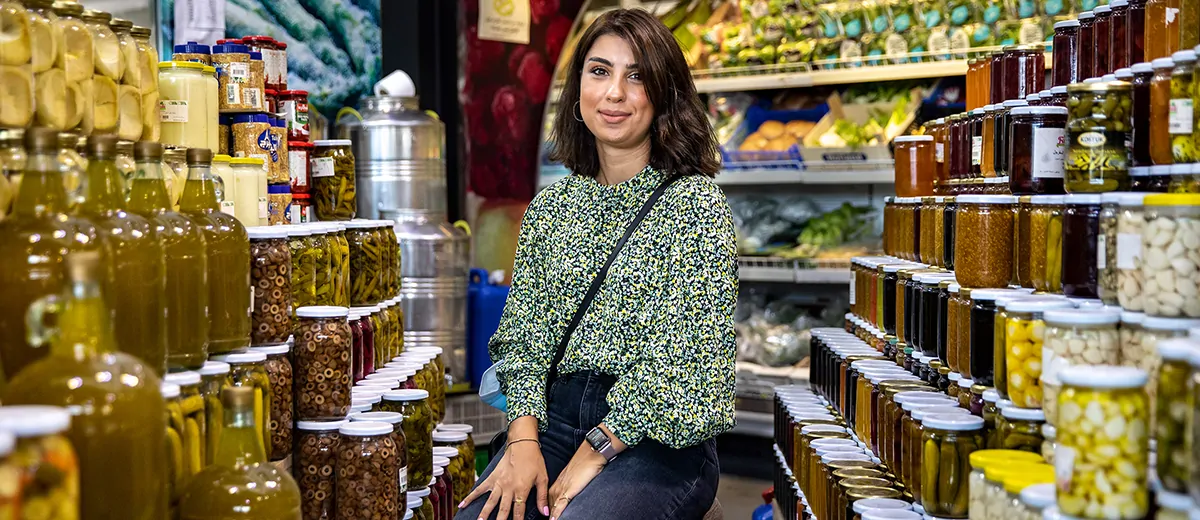
Cyrine Farhat
Cyrine Farhat
Diabetes took away a lot of the freedom that I felt I needed growing up.
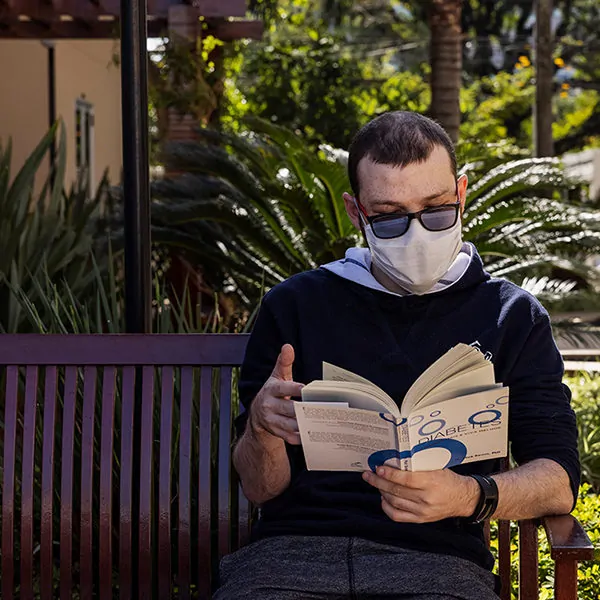
Ronaldo Wieselberg
Brazil
Ronaldo Wieselberg
A friend's death from DKA completely changed my life and led me to devote myself to helping avoid as many diabetes-related deaths as I can.
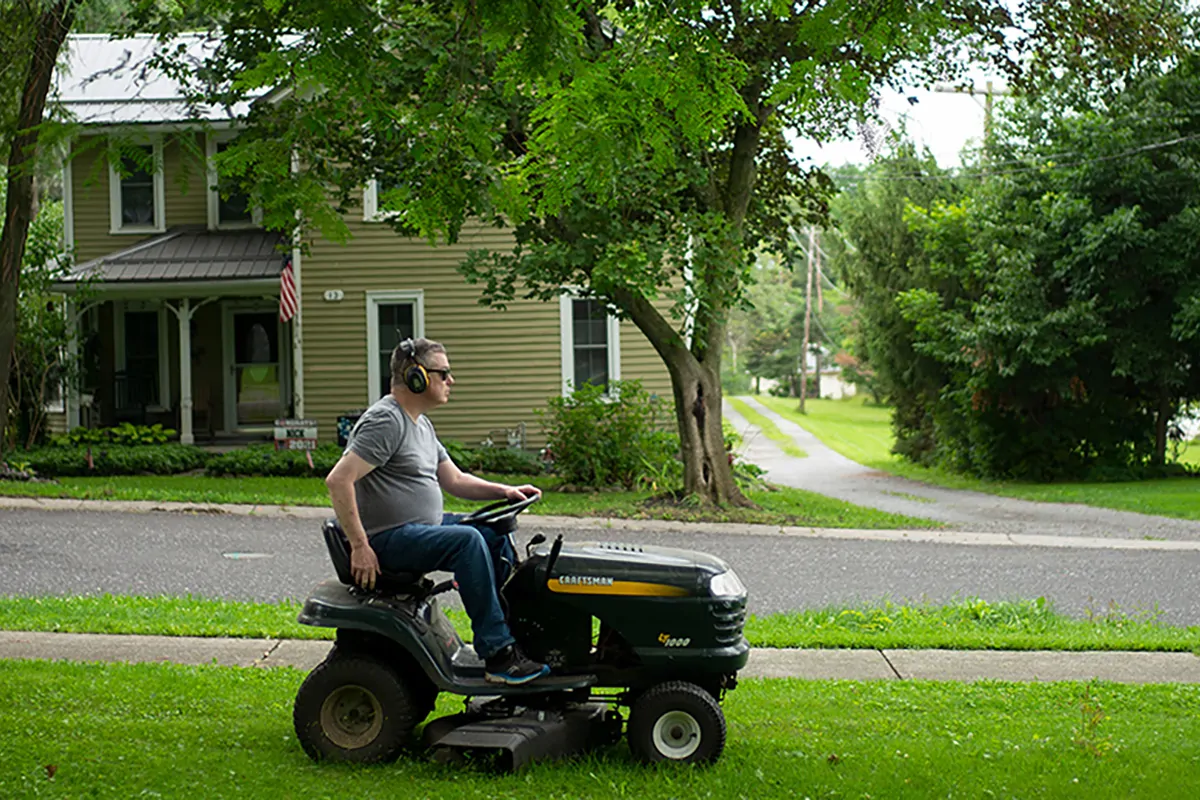
Michael Donohoe
USA
Michael Donohoe
Time has provided perspective and now that I live with multiple complications and related conditions, I am less anxious and more focused on what I can do to help others.

Cyrine Farhat
Cyrine Farhat
Diabetes took away a lot of the freedom that I felt I needed growing up.

Ronaldo Wieselberg
Brazil
Ronaldo Wieselberg
A friend's death from DKA completely changed my life and led me to devote myself to helping avoid as many diabetes-related deaths as I can.

Michael Donohoe
USA
Michael Donohoe
Time has provided perspective and now that I live with multiple complications and related conditions, I am less anxious and more focused on what I can do to help others.